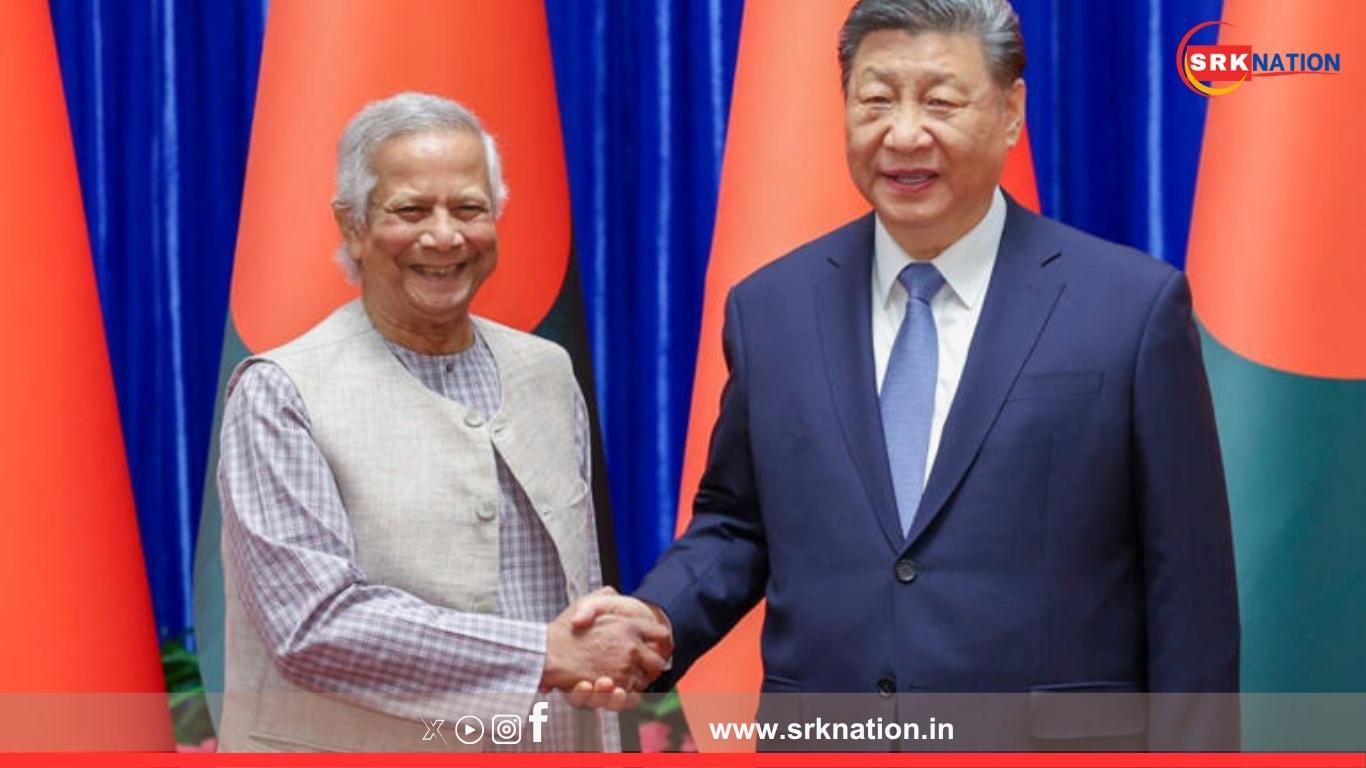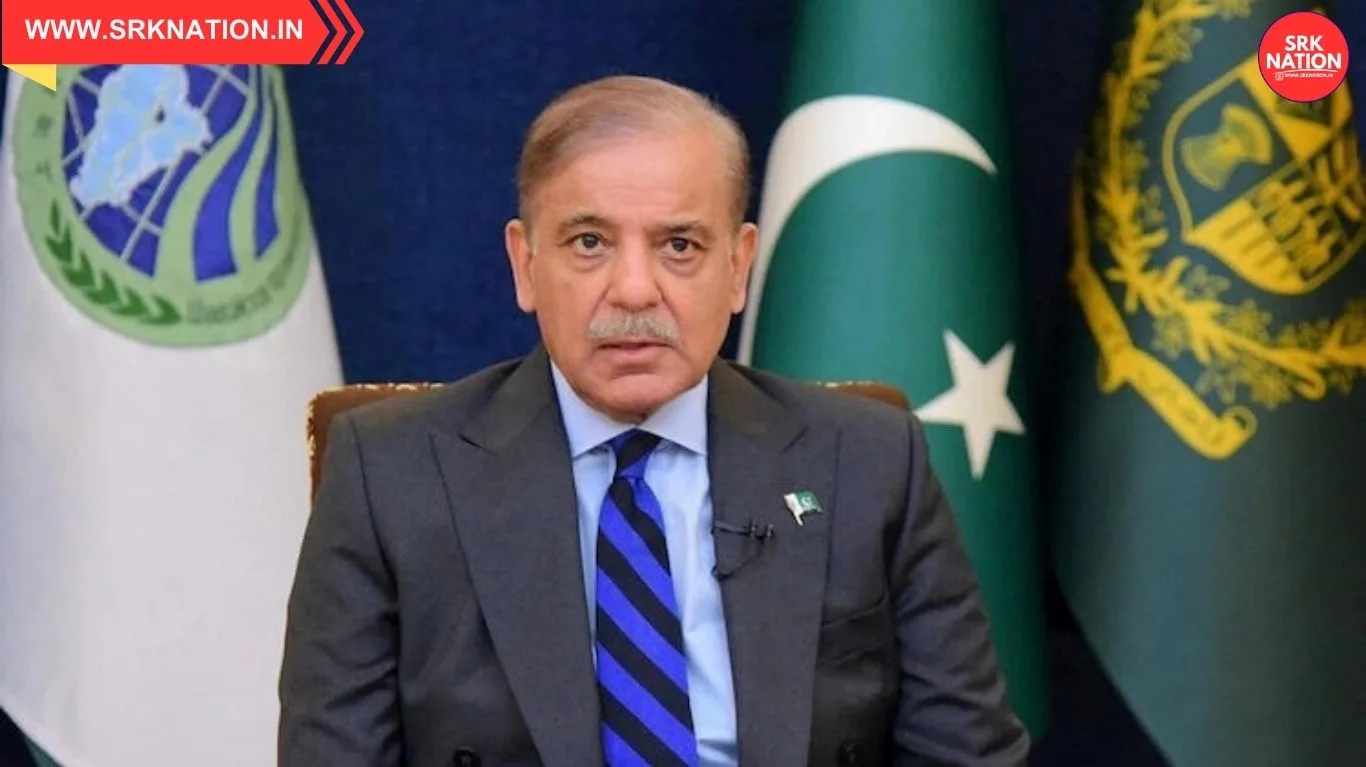In a significant diplomatic development, Bangladesh has intensified its engagement with China as a high-level delegation from the opposition Bangladesh Nationalist Party (BNP), led by Secretary General Mirza Fakhrul Islam Alamgir, embarked on a five-day visit to Beijing. The visit, which began on June 22, comes at a time of shifting geopolitical dynamics in South Asia and underscores Dhaka’s growing strategic interest in deepening bilateral and trilateral ties.
BNP’s Strategic Outreach to China
The BNP delegation, comprising senior party leaders including Mirza Abbas, Gayeshwar Chandra Roy, Selima Rahman, and others, is visiting China at the invitation of the Communist Party of China (CPC). The trip aims to strengthen party-to-party relations, explore avenues for cooperation, and engage in dialogue on regional development and political collaboration.
This is not the first such engagement. Earlier this year, BNP leaders participated in a CPC-hosted international conference, signaling a consistent effort to build rapport with Beijing across political lines.
Trilateral Diplomacy in Focus
The visit follows a recent informal trilateral meeting between Bangladesh, China, and Pakistan held on June 19 in Kunming, during the 9th China-South Asia Exposition and the 6th China-South Asia Cooperation Forum. The meeting, attended by Bangladesh’s Acting Foreign Secretary Md Ruhul Alam Siddique, Chinese Vice Foreign Minister Sun Weidong, and Pakistan’s Additional Foreign Secretary Imran Ahmed Siddiqui, focused on enhancing cooperation in infrastructure, trade, agriculture, healthcare, ICT, and climate resilience.
The three nations emphasized mutual trust, regional peace, and inclusive development, with a shared vision aligned with the Belt and Road Initiative (BRI) and the 2030 Sustainable Development Agenda.
Political and Strategic Implications
Analysts view the BNP’s outreach as part of a broader strategy to diversify Bangladesh’s foreign relations and position itself as a viable political alternative ahead of the upcoming national elections. With the interim government under Muhammad Yunus already engaging with China and Pakistan, the BNP’s visit further signals a realignment in Dhaka’s diplomatic posture.
China’s growing influence in South Asia, coupled with Bangladesh’s strategic location, makes such engagements crucial. Projects like the Teesta River development, Lalmonirhat airstrip, and agricultural trade are already on the table, reflecting deepening economic ties.
Conclusion
As Bangladesh navigates a complex regional landscape, the BNP’s visit to China marks a pivotal moment in its diplomatic outreach. With trilateral cooperation gaining momentum and party-level ties strengthening, Dhaka’s evolving relationship with Beijing could reshape the strategic balance in South Asia.
🔁 Share this article to stay informed on Bangladesh’s evolving foreign policy and regional diplomacy.











